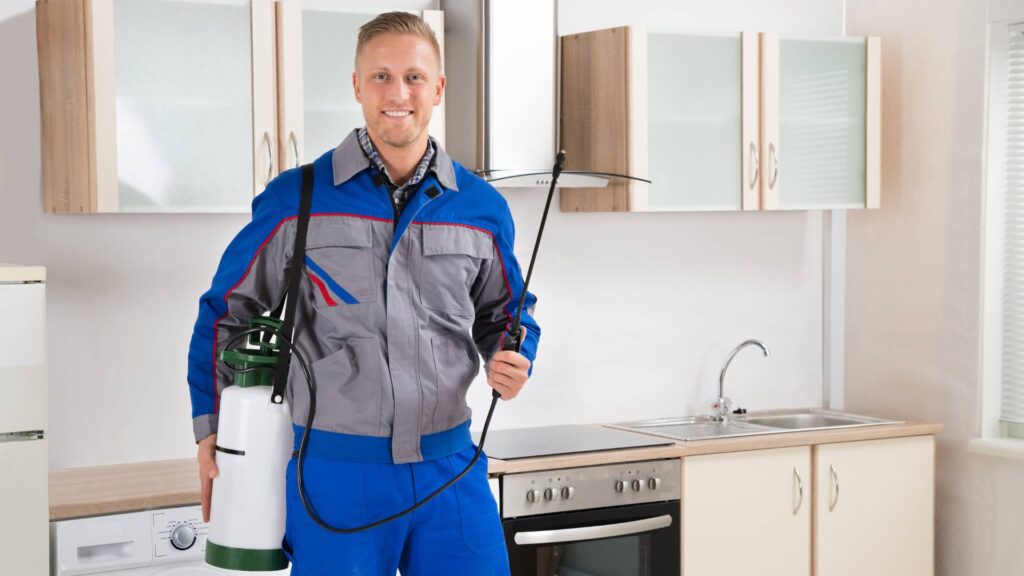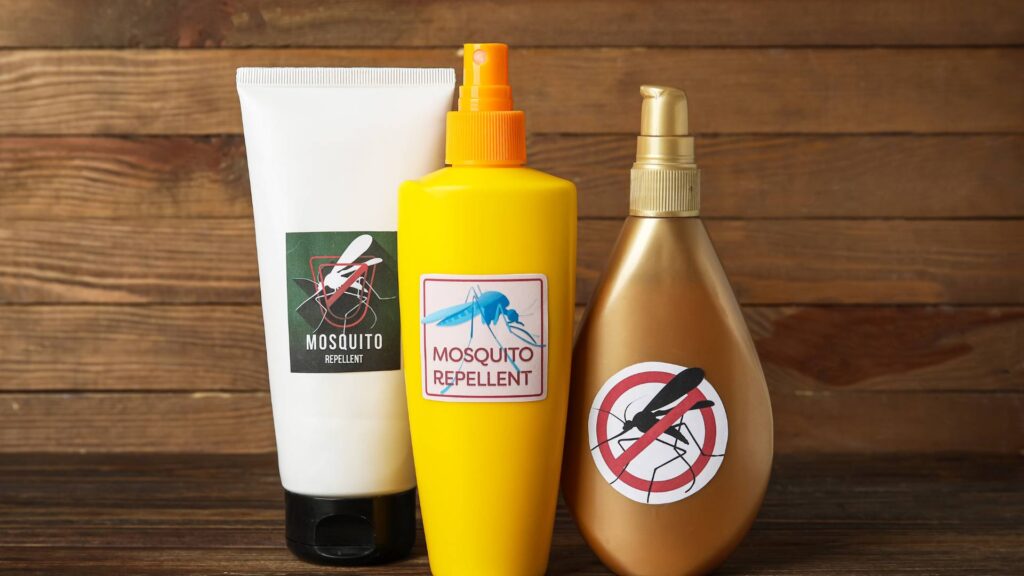Table Of Content
ToggleAs a pest control expert with years of experience under my belt, I’ve seen firsthand the worry in parents’ eyes when they discover pests in their homes but fear the repercussions of traditional pest control methods on their infants.
Let me reassure you, creating a pest-free environment that is also safe for your little ones is entirely possible. In this article, we’ll explore various strategies to manage pests without compromising your infant’s health, ensuring peace of mind and a safe living space for your family.
Infants and young children are more susceptible to the potential adverse effects of chemicals commonly used in pest control.
Their developing bodies, including the brain, liver, and kidneys, process toxins differently and more slowly than adults.
This sensitivity highlights the need for careful consideration and selection of pest control methods in homes with young children.

Here are several strategies to keep your home pest-free while ensuring the safety of your infant:
Understanding the difference in pest control schedules, such as quarterly vs monthly pest control, can play a significant role in keeping your home pest-free while ensuring the safety of your infant.
Secure your home with the right pest control plan. Find out how.
If you’re trying to gauge the extent of a pest problem, especially with rodents, knowing how many mice do I have in my house can help you choose the most effective, infant-safe pest control strategy.
Explore your pest control options for a safer home today.

When selecting pest control products, look for those labeled as non-toxic or baby-safe. These products should be EPA-approved and free from chemicals known to pose health risks to infants. Always follow the manufacturer’s instructions and, when in doubt, consult a professional.
Ensuring your home is a safe haven from pests without exposing your infant to harmful chemicals requires vigilance, the right knowledge, and sometimes a bit of professional help.
As a pest control expert, I assure you that with the strategies outlined in this guide, you can protect your little ones from pests and the potential harm of chemical exposures.
Babies should not be around pest control chemicals due to their heightened sensitivity to potentially harmful substances. Their developing bodies are more susceptible to the adverse effects of pesticides, which can impact their health and development. It’s crucial to use baby-safe pest control methods that do not expose them to dangerous chemicals.
It is generally recommended to wait at least 48 hours before allowing babies back into a treated area after spraying pesticides. This waiting period allows enough time for the pesticides to settle and reduces the risk of inhalation or contact with the chemicals. However, the specific time can vary based on the type of pesticide used and the ventilation of the area, so it’s always best to consult with the pest control provider for guidance.
Tailor your pest management strategy. Start now.
Yes, pesticides can be harmful to babies, as they are more vulnerable to the toxic effects of these chemicals. Exposure to pesticides can lead to a range of health issues in infants, including respiratory problems, developmental delays, and neurotoxic effects. Therefore, choosing safe pest control methods and minimizing exposure is essential for protecting babies’ health.
Your trusted pest control experts in Southern California. Keeping your neighborhood pest-free!